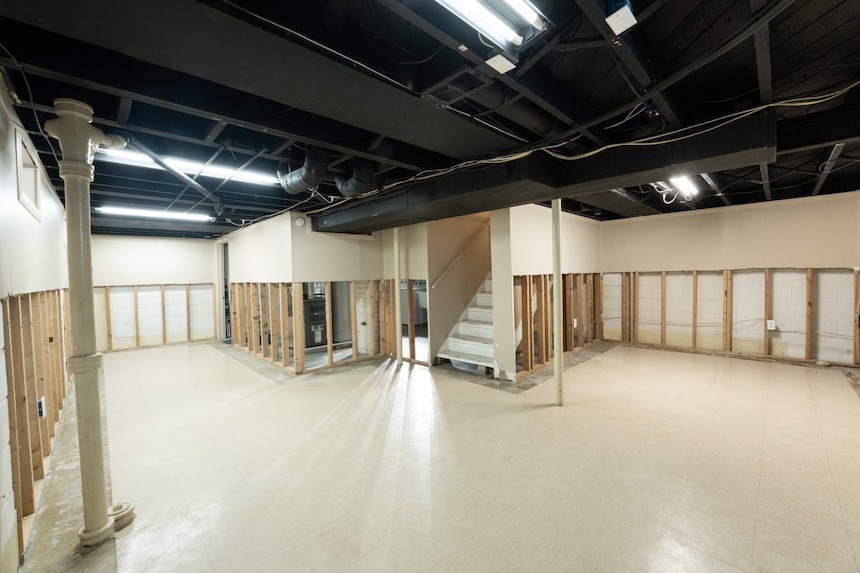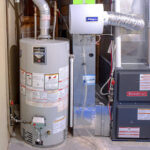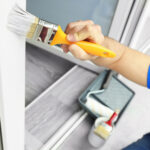
Water damage is a common problem among homeowners, and if you have a basement, then you know how crucial waterproofing is. When water seeps through the walls and floor, it can lead to hazardous mold growth and can damage your furniture and appliances. In this article, we will go over some tips to properly waterproof your basement.
Inspect the Foundation
Before taking any waterproofing measures, it’s important to inspect your basement’s foundation for any visible cracks or holes. These could be the potential entry points for water to seep into your basement. If there are visible cracks, you can use hydraulic cement to patch them up. However, if the cracks are more significant, you may need to contact a professional for further assistance.
Install Interior Drainage
One way to prevent water from accumulating in your basement is to install an interior drainage system. This system involves digging a trench around the perimeter of the basement to catch any water that seeps in and draining it into a sump pump. This solution can be costly, but it is an effective way to keep your basement dry. It’s best to consult a professional for installation as they can ensure proper placement and function of the drainage system.
Seal the Walls
Another way to prevent water from entering your basement is to seal the walls. This can be done using waterproof paint or coating, which stops water from seeping through. However, this solution should not be used in cases where water is already seeping through the walls. In those cases, it’s best to take more drastic measures, like installing an interior drainage system.
Inspect Gutters and Downspouts
Clogged gutters and downspouts can cause water to accumulate around the foundation of your home, leading to water damage in your basement. Make sure to clean out your gutters and downspouts regularly and ensure that they are not damaged or broken. If they are, it’s essential to repair or replace them to prevent water from seeping into your basement. Additionally, consider installing extensions at the bottom of your downspouts to direct water away from your home’s foundation.
Eliminate Outside Sources of Water
Finally, it’s crucial to eliminate any outside sources of water that may be penetrating your foundation. This includes ensuring that the soil around your home slopes away from the foundation, so water is not accumulating near it. Also, make sure that your lawn sprinklers are not spraying water directly onto the foundation. Landscaping can also play a role in keeping water away from your foundation, so consider adding plants and bushes that absorb excess water.
Installing a basement waterproofing system in your home is an essential precautionary measure that every homeowner should take. By following these simple tips, you can prevent water damage and keep your basement dry. Remember to inspect your foundation regularly, install interior drainage, seal walls, clean your gutters and downspouts, and eliminate any outside sources of water. With these measures, you can be sure that your basement is well-protected, and you can avoid costly repairs.
- The Best Non-Invasive Pipe Repair Methods for Your Home - April 4, 2024
- How To Properly Waterproof Your Basement - October 12, 2023
- How To Find a Wellness Routine You Can Stick to Long Term - July 22, 2023






